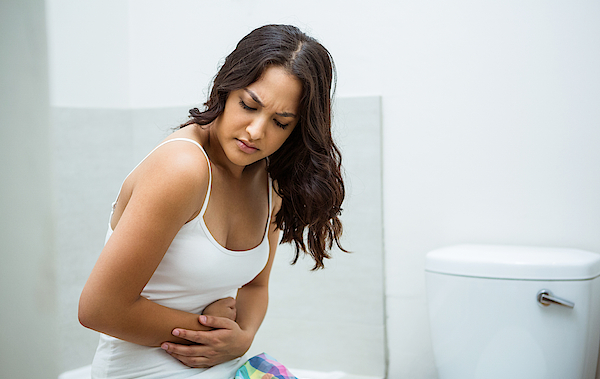Indigestion or dyspepsia is a discomfort in the upper abdomen that usually occurs after heavy meals, often with nausea, bloating, and belching. Indigestion can also cause heartburn due to stomach acid reflux, and irritates esophagus. Indigestion leaves a bitter or sour taste in the mouth. It is often caused by overindulgence in food or drink; stress, fatigue, or being overweight can aggravate symptoms. Sometimes, indigestion is due to a serious disorder such as peptic ulcers, gallstones, stomach cancer, or is a side effect of medicines such as iron supplement or certain antibiotics.
Indigestion Symptoms
- Uncomfortable fullness after a meal even you haven’t eaten much of your meal.
- Pain or discomfort in the upper abdomen.
- Pain or burning feeling in the center of your chest that may radiate into your neck or back during or after eating.
- Nausea and vomiting.
- Flatulence or belching.
Home Remedies for Indigestion
- Lime juice and baking soda: Squeeze the lime juice from 1/4 lime in 1 cup warm water. Add 1/2 teaspoon of baking soda just before drinking, and drink it down quickly. This remedy will relieve acute indigestion.
- Artichoke: Artichoke leaf extract reduce symptoms such as nausea, vomiting and abdominal pain associated with indigestion. People with gallstones should avoid artichoke.
- Onion and honey: Take 1/4 cup of fresh onion juice with 1/2 teaspoon honey and 1/2 teaspoon black pepper.
- Garlic: Chop up a clove of fresh garlic, add a pinch of salt and a pinch of baking soda, and eat it.
- Pineapple: Drink 1 cup of sweet fresh pineapple juice with a pinch of ginger, a pinch of black pepper, and 1/2 teaspoon organic sugar thrice a day.
- Honey and cinnamon: Sprinkle cinnamon powder on one tablespoons of honey and take before food which relieves acidity and digests the heaviest of meals.
- Peppermint: Drink herbal tea made with peppermint, chamomile or fennel which is effective for indigestion.
Do’s for Indigestion
- Eat only two or at most three meals a day: breakfast, lunch, and dinner.
Avoid snacking between meals. - Eat slowly, chewing food thoroughly. Take small sips of warm water during
a meal. - Fill your stomach to one-third of its capacity with food and one-third with
liquid, leaving one-third empty. - Exercise regularly.
- If overweight, try to lose weight gradually.
- If stress contributes to indigestion, try to reduce it.
- Practice relaxation techniques such as deep breathing, or yoga that can
helpful for improving digestion.
Don’ts for Indigestion
- Avoid fried, fatty, and spicy foods; carbonated beverages, caffeine and
alcohol. - Avoid cold and iced drinks, especially during or after meals.
- Don’t exercise for at least an hour after eating.
- Stop smoking; it may aggravate symptoms.
- Avoid taking aspirin or ibuprofen for pain, as they can irritate the stomach.
See Doctor
- Have severe abdomen pain.
- Indigestion does not seem related to eating.
- Have recurrent indigestion.
- Losing weight without trying.
See doctor immediately if:
- Have chest pain, sweating, and shortness of breath.
- Vomiting blood or passing black stools.
★★ Get our FREE Mobile app, Recommended by 90+ Doctors. Stay Healthy! ★★

Very good for this old bird I give
100%